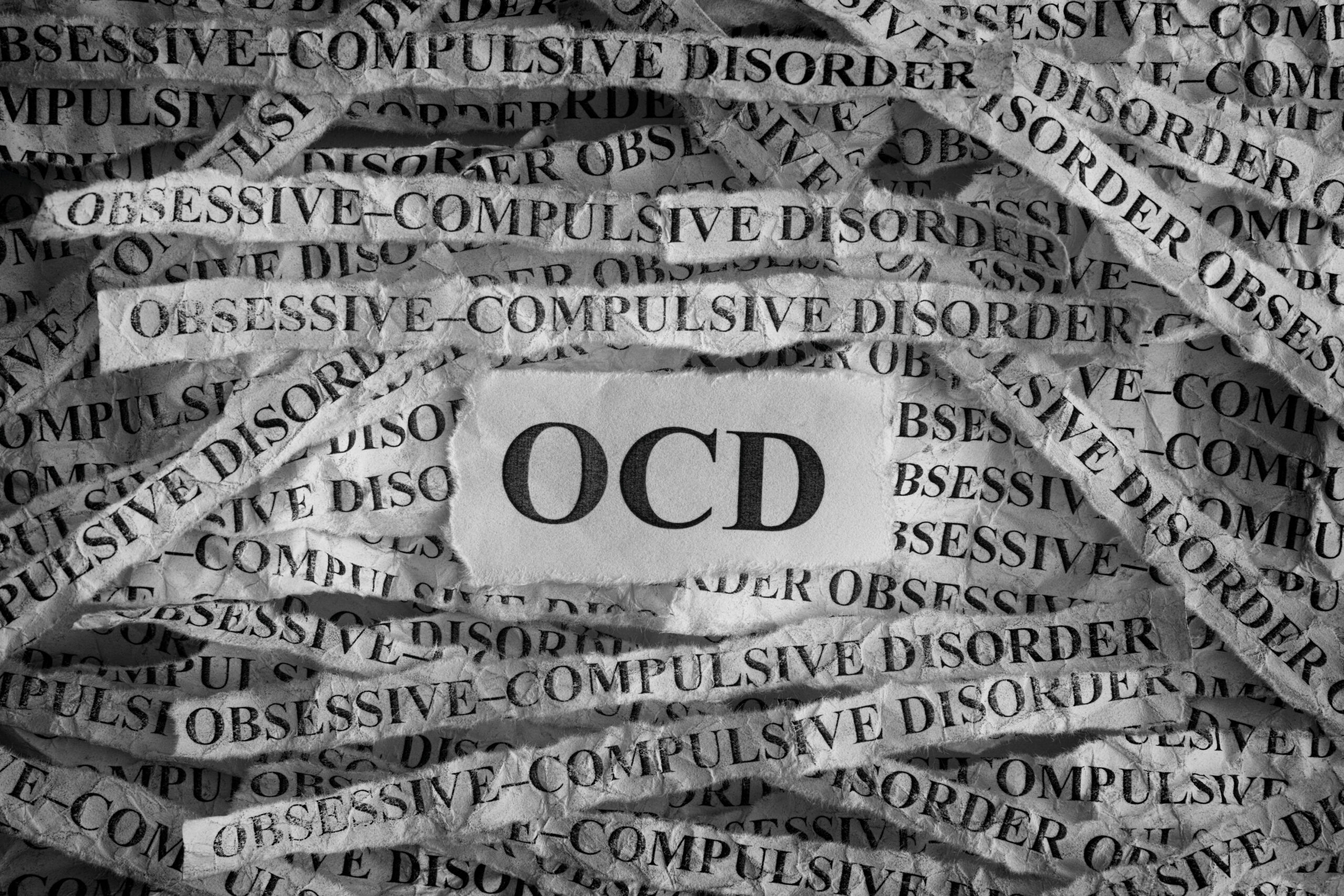Obsessive-compulsive disorder (OCD) is characterized by two main actions: obsessions and compulsions. Obsessions refer to intrusive repetitive thoughts which are carried out by repeated actions referred to as compulsions. Compulsive behaviors can range from washing hands to having to repeat an action a certain number of times which can lead to anxiety that makes completing everyday tasks difficult. The relationship between how obsessions and compulsions cycle and strengthen over time is currently under much investigation. For instance, a recent study from the Nara Institute of Science and Technology has investigated the nature of reinforcement learning and its influence on obsessions and compulsions.
The researchers used a computational model of OCD to investigate the ways in which patients with OCD and a control group without OCD controls process situations to track learning patterns. They had both cohorts play a computer game using monetary rewards and penalties to assess their ability to positively or negatively predict the result of a situation. Their model implemented imbalanced learning processes between reinforcement and punishment thought processes. Reinforcement is defined by increasing a desired or good behavior while punishment is defined by reducing undesired or bad behaviors in the brain.
From the game, the researchers determined that OCD patients linked the results from the situations they completed to their past experiences that often led to disordered or compulsive behavior. This showcased an asymmetry in brain processing and calculations that allowed OCD patients to implicitly learn obsessive-compulsive behaviors that only serve to reinforce maladaptive behaviors. In turn, this was thought to influence the strengthening of the obsessive and compulsive cycle OCD patients go through.
The OCD patients also repeated the experiment using serotonin reuptake inhibitors, a commonly prescribed treatment for OCD. The use of the medication normalized the results and reduced the previously noted asymmetries in brain processing. These results further emphasize the need to understand how a mental illness changes the way the brain processes information and how that influences behavior. By understanding the mechanisms occurring in the brain, more effective therapeutics can be developed for patients to better manage their symptoms.
Featured Image Source: Stepan Popov










